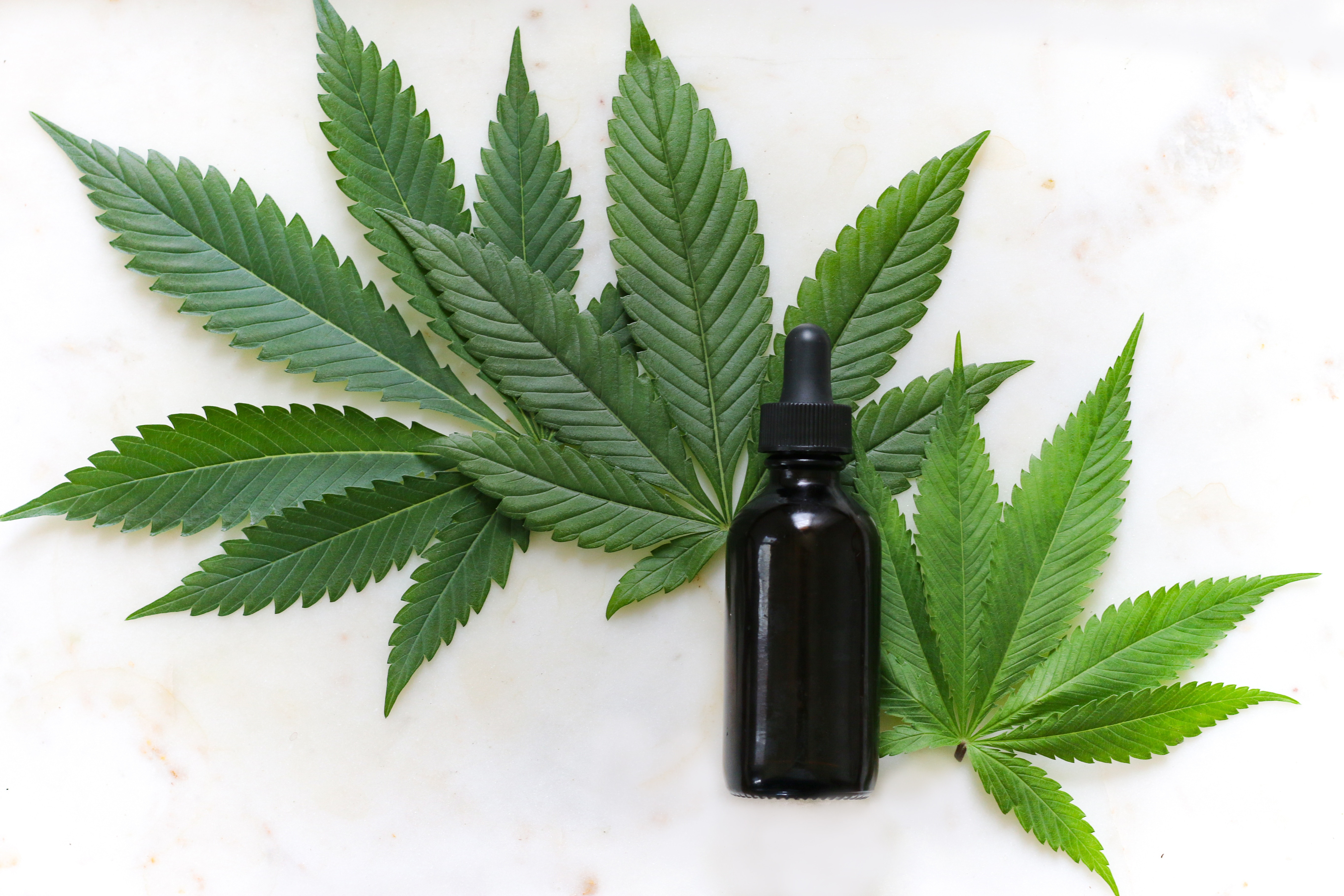On Friday, May 31st, the Food and Drug Administration (FDA) held its first public hearing on cannabidiol (CBD) products at its headquarters in Silver Spring, MD. The hearing was seen as an “important step toward clarifying regulations around the ingredient” and noted in The New York Times as a “first step in what is likely to be a long process to define a legal path to market for CBD products that the agency considers safe.”
With more than 400 applicants seeking an opportunity to testify at Friday’s hearing, the agency created a lottery system to give 120 people — including academic researchers, businesses and consumer advocates — two or five minutes to, as the NYT noted, “make a case to the presiding panel of top F.D.A. officials, amounting to an all-day volley of claims and counterclaims over matters of safety, efficacy and good vibes.”
CBD products have been surging in popularity and today are found in a wide spectrum of products ranging from candy, syrups, oils, drinks, supplements, makeup, skin patches to even dog food – despite FDA’s current position that CBD is not a lawful dietary ingredient. The hearing sought to collect information from various sources to assess the safety and efficacy of CBD products. The 10 hours of testimony highlighted, as noted in a CNBC report, the “polarizing viewpoints” on CBD in which “some people praised the compound as a great discovery of our lifetimes, and others warned it could expose consumers to unnecessary and possibly lethal risks.” Acting FDA Commissioner Norman “Ned” Sharpless kicked off the hearing posing some of the most important questions surrounding CBD – including how much of the cannabis extract is safe to consume daily, what if a consumer is pregnant, what is CBD’s effect on children, and what happens if someone takes it over the course of years – noting that answers to most of those questions are still unknown despite the popularity of many CBD products.
Throughout the hearing, many speakers urged the FDA to move quickly, noting that the industry is growing rapidly with little oversight – “raising concerns about the accuracy of product labels and people not realizing how much they may be consuming through various products” and CNBC reporting that “Most speakers agreed the FDA should establish at least some oversight over the manufacturing processes, quality assurance and labeling of CBD products.” While some of the speakers emphasized the economic boom that a regulatory pathway would create for domestic agricultural interests, it’s unlikely that FDA had much interest in that point. Likely more on point were concerns over what would happen if CBD-infused items proliferated over a wide range of products. For example, what would be the health effect if a consumer ate CBD cereal for breakfast, had CBD mid-morning snacks with a CBD beverage, and then had multiple CBD-containing products for lunch and dinner? Where’s the science on how much might be too much, and what controls could be implemented? And where’s the science on efficacy? Some of the speakers fumbled for answers.
Peter Matz of the Food Marketing Institute noted that there is “mass confusion in the marketplace” and Yasmin Hurd, a psychiatry professor at the Icahn School of Medicine at Mount Sinai in New York City, who has researched CBD for almost 10 years, noted that “It’s a wild West kind of environment right now.” There are still many unanswered questions that remain about CBD products and the related laws, and this hearing was simply a “listening session” for FDA. FDA is continuing to take public comments on how to regulate the industry through July 2nd — for more information on how to submit comments and/or data, click here.
To read some additional the coverage of last week’s FDA hearing on CBD products, click through the links below. In addition, if you have any questions surrounding the evolving legal landscape for CBD products and hemp, call us anytime at 516-294-0300 or email us at [email protected] and we can provide you with the latest legal and regulatory information in this developing area.
- Amid ‘mass confusion’ on popular CBD products’ legal status, feds hold hearing, USA TODAY
- Many unanswered questions, concerns about CBD products, says FDA acting chief at first public hearing, Washington Post
- Concerns over exaggerated health claims prompt FDA hearing on effects of CBD products, CNN
- Regulators hungry for evidence as FDA weighs allowing CBD in food, dietary supplements, CNBC
- At first-ever public hearing on CBD, advocates and FDA try to blaze trail to regulatory compromise, PBS

